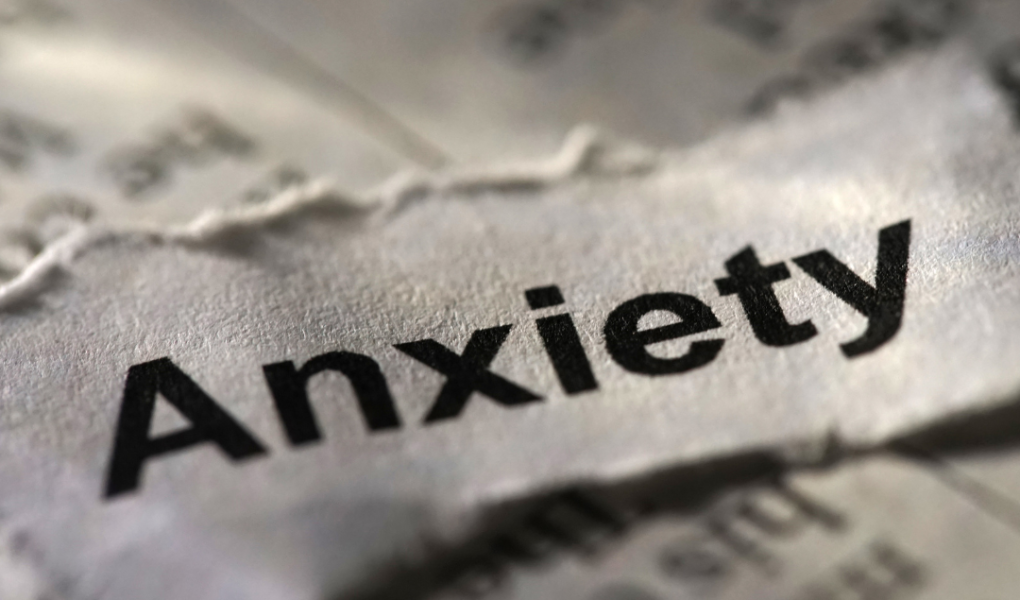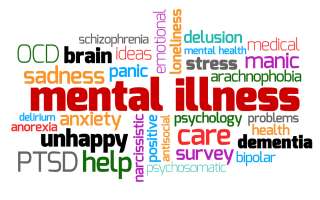Anxiety can interfere with your normal functioning, causing you to lose sleep, eat too much, or avoid social situations. Millions of people have found relief from anxiety through cognitive behavioral therapy. While not everyone experiences anxiety to the same degree, it is one of America’s most common mental disorders. Unfortunately, stress and anxiety are persistent conditions that can be difficult to manage.
Anxiety plays a huge role in the lives of people who suffer from it. Anxiety disorders come in many different forms, but the most common is anxiety disorder that causes panic attacks. Anxiety attacks can cause people to believe they are having a heart attack or stroke. Others struggle with an anxiety disorder that causes them to worry about everything.
So, What Is Anxiety?
An anxiety disorder is marked by persistent worry about a situation, often accompanied by physical sensations like shortness of breath or trembling. Anxiety is the body’s way of warning us of something potentially dangerous. But anxiety is often characterized by having to constantly think on your toes, which can make you feel incredibly tense and on edge.
Numerous individuals grapple with anxiety, which can manifest as panic attacks, generalized anxiety disorder, or specific phobias and disrupt their daily lives. Hence, it is vital for individuals grappling with this disorder to actively pursue treatment. A medical professional may prescribe medications or suggest alternative cures like yoga; cannabis products like a well-balanced CBD and THC Drink; or engaging in heartfelt conversations with trusted confidants. Keep in mind that without seeking intervention, anxiety can persist like an unwelcome burden, incessantly weighing you down and hindering you from fully embracing life’s possibilities.
In order to manage symptoms of anxiety, you may also want to consider opting for acupuncture treatments that focus on such healing. Acupuncture can be particularly effective in reducing anxiety by promoting relaxation and balancing the body’s energy. It works by stimulating specific points on the body, which can help regulate the nervous system and decrease the symptoms of anxiety.
To find suitable acupuncture facilities, you can simply search online using keywords like “acupuncture clinic near me” or ask for recommendations from friends or healthcare professionals. Additionally, reading reviews and checking the credentials of acupuncturists can help ensure you find a reputable practitioner.
Incorporating acupuncture into your routine can significantly improve your overall well-being. It is important to find activities and treatments that resonate with you personally and make them a consistent part of your daily life. Reducing anxiety not only enhances your mental health but also has a positive impact on your physical health, leading to a more balanced and fulfilling life.
Can It Go Away on Its Own?
The good news is, yes, it can. For many people, especially those with milder forms of anxiety, anxiety disorders can eventually fade into the background as our brains become more resilient to the triggers that initially set off the anxiety. (This is called desensitization). Whilst anxiety can indeed go away on its own, it may well take time. In the meantime, there are a few things you can do to lessen the severity of anxiety symptoms and speed up recovery.
It’s crucial to understand that anxiety has the potential to become overwhelming. In such situations, seeking the guidance of a healthcare professional like Dr. Diana Joy Ostroff, who specializes in holistic or naturopathic solutions, can prove to be advantageous. The principles of holistic and naturopathic medicine are known to prioritize the interconnected nature of physical, mental, and emotional well-being. Embracing this holistic perspective, therefore, can not only acknowledge the complexity of anxiety but also underscore the importance of seeking diverse avenues of support to foster lasting mental well-being.
Aside from this, individuals might also consider options like anti-anxiety medications or CBD products available at stores like chicago dispensaries (or wherever you live) to effectively manage their anxiety. It’s not uncommon to feel like your sanity is slipping away, but the good news is that anxiety is a treatable condition; you don’t have to surrender to its grasp. If you’re grappling with anxiety, you might have already engaged in discussions with your doctor about strategies to handle it. While each person’s experience with anxiety is unique, some shared triggers-such as demanding workdays, insufficient sleep, or relationship challenges certainly amplify anxiety symptoms.
Too many times, people suffering from anxiety are told to just “get over it” or that they are trying to “get a grip on it.” Unfortunately, there is no quick fix or magic pill for anxiety. Mental health conditions, like anxiety, take time and effort to understand and live with every day. In time though, anxiety can be managed.
Anxiety is the brain’s reaction to threats. It is a natural response, and the body responds to perceived danger by releasing chemicals that make you more alert and anxious. When anxiety is unchecked, it can lead to a number of mental and behavioral health problems.
Some anxiety can be triggered by a specific event, such as the loss of a job or the death of a loved one. When anxiety becomes more severe, sufferers may develop persistent and debilitating fears, which interfere with social activities, work, and relationships. The key to conquering anxiety is to identify when it begins and ends. Because anxiety often starts when there is not anything to worry about, recognizing when it ends can help you pinpoint when it arises.




